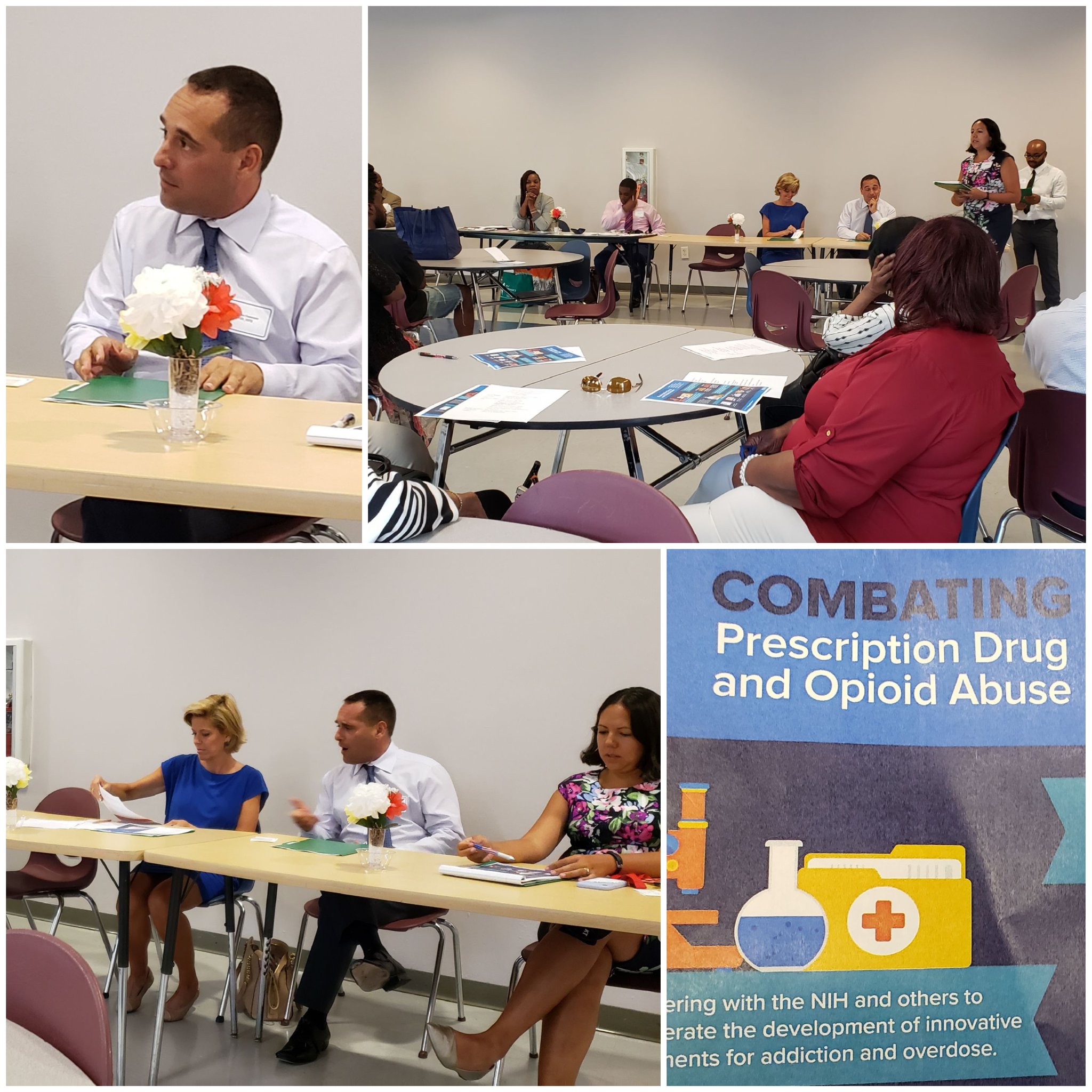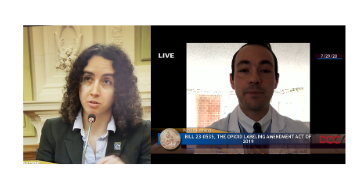Opioid Policies

Much like the rest of the United States, residents of the District of Columbia are struggling with substance use disorder (SUD) rate increases and high rates of opioid-related deaths. Unfortunately, these are multi-faceted issues that require year-long initiatives and systematic programs to address the myriad causes of addiction.
MSDC stands as a partner to the District government and private entities to help arrest the rates of opioid and substance abuse in the District. Through our advocacy for better prescribing practices, education on addiction, and even helping our own community through our Physician Health Program, MSDC is working to make DC a leader in reducing SUD, OUD, and addiction.
On a related note, MSDC is passionate about helping patients make prescriptions and medication more affordable. Whether expanding access to biosimilars or advocating for more affordable co-pays, MSDC wants to help our patients afford the medications they need.
MSDC Statement and Testimony on Opioid and Prescription Issues
25th Council information coming soon
-
 MSDC Announces 23rd Council Period Report Card
MSDC Announces 23rd Council Period Report CardDecember 29, 2020
MSDC's increased member advocacy led to major wins for physicians and patients
Continue Reading -
 MSDC Announces 24th Council Period Advocacy Agenda
MSDC Announces 24th Council Period Advocacy AgendaDecember 16, 2020
MSDC launches 24th Council advocacy agenda centered on four priorities.
Continue Reading -
 MSDC Annual Meeting Sees New President and Special Guests
MSDC Annual Meeting Sees New President and Special GuestsOctober 31, 2020
MSDC's annual meeting featured speeches by AMA President Dr. Sue Bailey and Interim Deputy Mayor Dr. Roger Mitchell
Continue Reading -
 Committee on Health Advances Vaccination Bill
Committee on Health Advances Vaccination BillOctober 8, 2020
MSDC saw three bills it supported pass the Committee on Health yesterday, including a bill allowing easier access to vaccines.
Continue Reading
Sample of Legislation MSDC Tracked on Opioid and Prescription Policy
What does it do? The bill authorizes licensed pahrmacists to dispense interchangeable biological products and requires notifications to physicians when such interchangeables are dispensed.
MSDC position: MSDC has a position of priority support on this legislation, identifying its passage as one of its highest legislative priorities.
Current status: SUCCESS. The bill was passed by the Council and signed by the Mayor.
What does it do? The bill requires prescription opioid medications to include a statement that the drug is an opioid and opioids may cause dependence, addiction, or overdoes.
MSDC position: MSDC supports the legislation.
Current status: The bill had a hearing before the Committee on Health on July 29, 2020. MSDC leader Dr. Sam Kareff testified for the Medical Society. It passed the Council on November 10 and was signed by the Mayor December 7.
What does it do? The bill prohibits insurance companies from factoring the use of PreP in decisions related to disability, life, or long-term care policies.
MSDC position: MSDC supports this legislation
Current status: The bill was introduced on January 8, 2019 and assigned to the Committee on Business and Economic Development.
